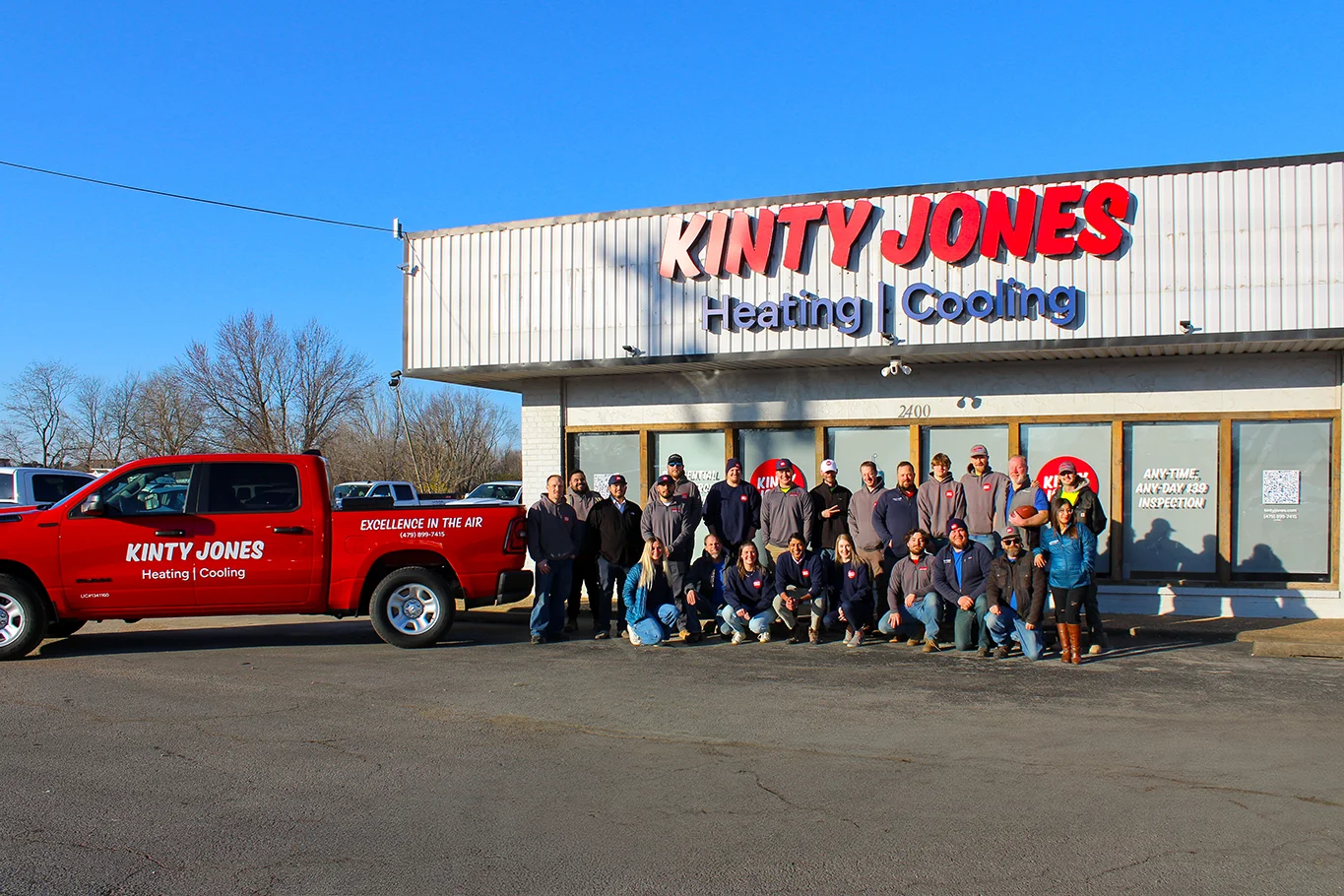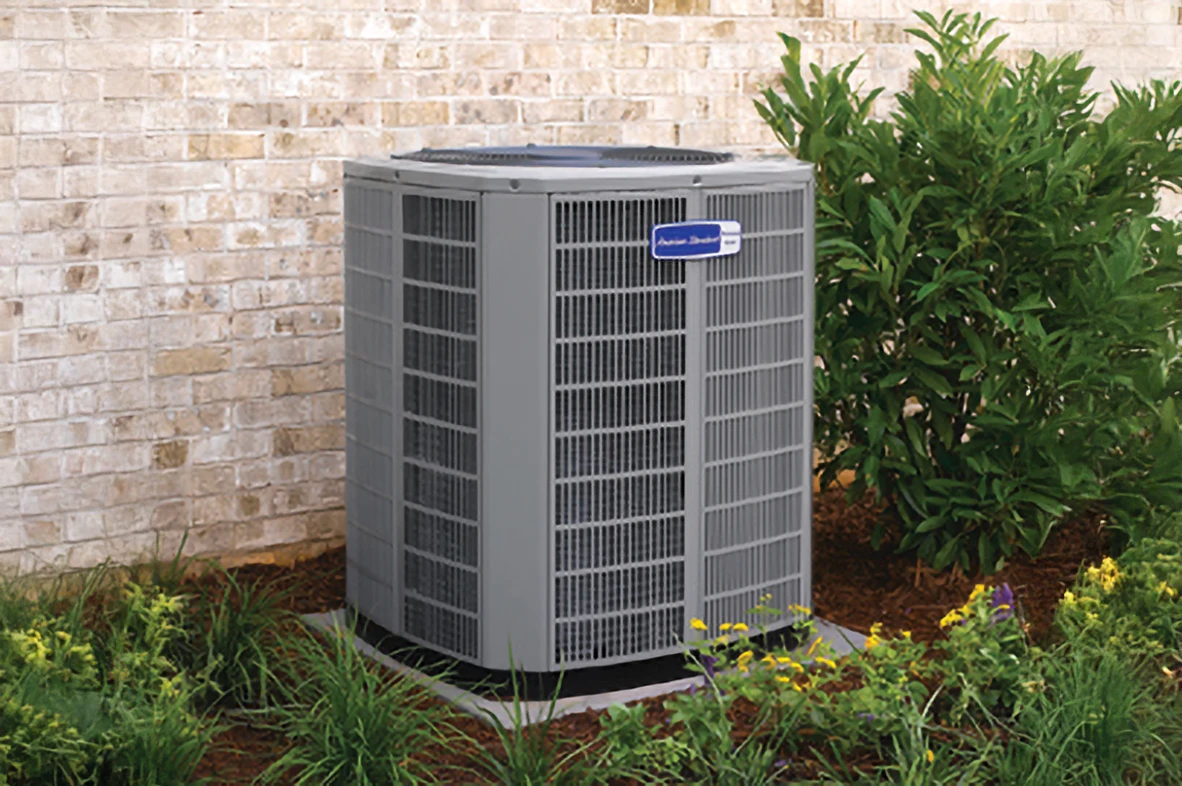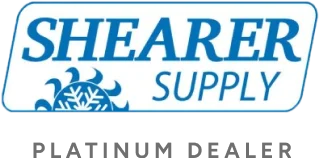Between updated HVAC manufacturing regulations going into effect, new tariffs on goods imported from around the world, and a challenging economic climate, it isn’t surprising that many homeowners feel uncertain about undertaking major home improvement projects.
This is especially true for high-ticket items like a new HVAC system, which is a major investment no matter the macroeconomic backdrop. In this blog post, our experts break down what you need to know about the changing costs of HVAC systems and installation to make the best decision for your home, your family, and your wallet.
What’s happening?
Here are the main factors pushing the price of new air conditioning and heating systems up in 2025.
- New EPA Regulations for HVAC manufacturers. As of January 1, 2025 all new HVAC systems are required to use more eco-friendly refrigerant. Although systems using the newest refrigerant, R-454B, are more energy efficient and reduce emissions, they also require new technology to be layered into the manufacturing process. In turn, this has led to manufacturers raising prices for 454-B HVAC systems by 10-15% as compared to systems running on the old refrigerant, R-410A.
- Tariffs on imported materials. New tariffs imposed on imported raw materials like steel, copper, and aluminum are causing uncertainty, supply chain issues, and higher input costs for HVAC manufacturers, which have a meaningful manufacturing footprint not just in the United States, but across Mexico and Canada. As a result, manufacturers are increasing prices by 8-12% on average, as of April 2025.
The unfortunate bottom line is that homeowners looking to replace their HVAC system, or any major component such as a furnace, condenser, or coil, are likely to see price increases of 15-25% over the first half of 2025.
What this means for you
The main takeaway from these changes is homeowners should move quickly if they need to replace their HVAC system (we’ll share a little bit more about how to know if you fall into that camp in a minute). There are also a few things to know to help minimize the impact of rising HVAC costs on your wallet.
- Know that price hikes will vary by dealer. For all of the reasons we just covered, prices for HVAC systems are already higher in 2025 than they were in 2024. We don’t expect to see that trend reverse anytime soon. So if you’re planning a system replacement, our best advice is to work with an HVAC company committed to fair pricing like Kinty Jones –our inspections are always just $39 and we believe that sharing discomfort in terms of absorbing some of the aggregate price increase is the right thing to do — and to do it sooner rather than later. Waiting could cost you thousands of dollars more.
- Shop from brands that will likely stay more affordable. Brands like American Standard may not be as impacted by the new tariffs as foreign brands. While we do anticipate prices to increase across the board (even brands who manufacture in the U.S. rely on materials imported from around the world, which are subject to the new tariffs), prices for U.S.-based brands will likely remain more stable.
- Take advantage of financing options. With higher costs on the horizon, many HVAC brands and suppliers are offering better financing options (we here at Kinty Jones always offer flexible, zero-down financing options!) to make buying a new system as affordable as possible. Rebates for more energy-efficient HVAC models are also available—and can in some cases save homeowners thousands of dollars while upgrading.
So, should you buy now?
While there’s no doubt that the cost of replacing your HVAC is getting more expensive, it doesn’t mean you should hold off on buying a new system indefinitely.
We highly recommend buying now if your current HVAC system is…
- Over 10 years old
- Struggling to maintain efficiency
- Requiring frequent repairs
If even just one of the criteria above is true for your current system, it’s likely that keeping it functioning is driving higher energy and maintenance bills, which in the long run will end up costing you more than investing in a new system would.
That said, if your HVAC system is in good condition and does not require more maintenance than its annual system tune-up to remain functioning efficiently, it isn’t a bad idea to wait. As with any new technology, pricing for HVAC systems featuring the new refrigerants will eventually come down—and by that time, the global economy may have improved as well.

Your trusted HVAC experts
Kinty Jones is Northwest Arkansas’s leading residential and commercial HVAC provider for a reason: we take pride not only in providing excellent service, but also in helping our customers make informed decisions about how to keep their heating and cooling systems running and homes comfortable.
Schedule your HVAC inspection today to get our honest opinions on if your system is ready for an upgrade, or if you can ride the winds of change to see if prices come down.
Sources:
HVAC.com – Should I Buy a New HVAC System Before or After the 2025 Refrigerant Change?
Conditioned Air Solutions – A Microchip Shortage Can Mean Major Problems for the HVAC Industry
Energy Star – Arkansas Rebates








